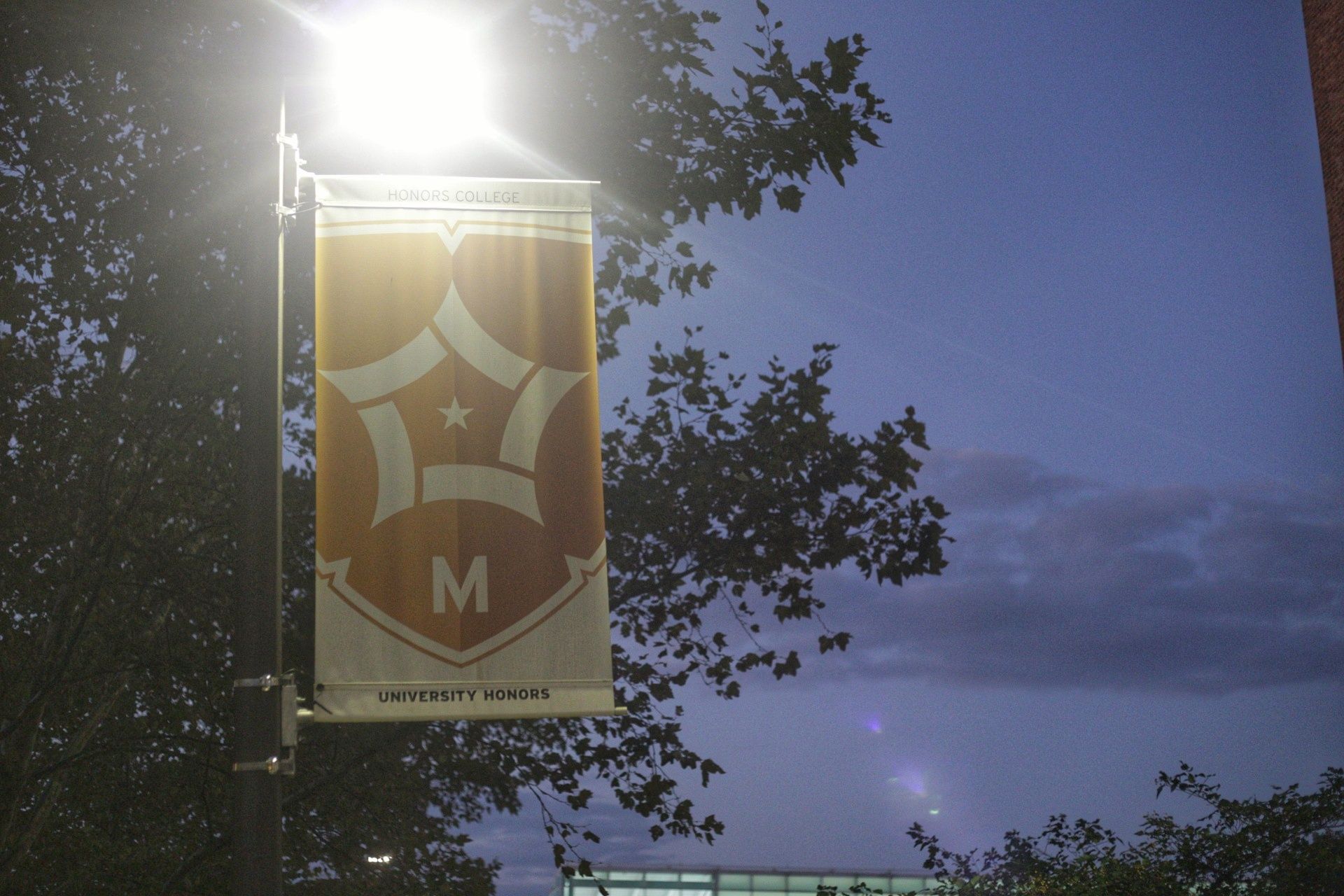Views expressed in opinion columns are the author’s own.
Next fall, the University of Maryland will start limiting access to University Honors courses. Currently, students from all seven honors living and learning programs are allowed to take these classes and seminars. The changes will also add greater structure to the University Honors program, requiring each student to take a 15-credit sequence in a specific theme, as well as complete a “capstone” seminar.
The changes aren’t good. They’ll prevent students from exploring interests that aren’t wholly connected to their academic concentration and discourage them from venturing beyond the silo of their living and learning program.
I should admit up front that my concern is partially personal. I was in the Honors Humanities program for two years, and University Honors seminars were some of the most fruitful and enjoyable experiences I’ve had at this university.
One course I took, taught by David Cunningham, applied the latest research in conflict resolution to the civil war in Syria. Another seminar, led by Temim Nusraty, asked students to participate in a simulation of a National Security Council meeting. And it was in an honors seminar about Karl Marx that I met my thesis advisor, Vladimir Tismaneanu.
Honors seminars give academics the freedom to explore an area of personal interest and let students wrestle with complex and diverse topics in a smaller setting. There are seminars about such varied issues as climate change, dinosaurs and the history of costumes. These offerings shouldn’t be restricted to students in University Honors. They should be swiftly expanded — eventually to all undergraduates.
Now, I like the requirement that University Honors students take 15 credits in a particular academic theme to receive their citations. A good undergraduate experience requires a mix of rigidity and flexibility. Students should grow comfortable within a particular box but should also have frequent opportunities to venture outside it.
That mixture of autonomy and constraint should apply to both social and academic life. At a giant school like ours, it makes sense to live with a smaller community of students and take courses with them within a discipline. At the same time, this community shouldn’t become a silo; it should be a home base. And from that home base, students should regularly explore unrelated interests and meet people outside the community.
Honors Humanities, the program I’m most familiar with, is a good model. Students in this program live together for their first two years of college (I didn’t freshman year, because I messed up my housing agreement, but that’s on me). Each student completes a more intensive “keystone” project, related to the humanities, over the course of two years. They also take a series of courses together that explore various aspects of the humanities.
We could also — in the years before these changes, at least — meet new people and explore new areas of interest in honors seminars. An English major in Honors Humanities could meet an engineering major in Gemstone in a seminar about dinosaurs.
In this arrangement, you have three important elements of an undergraduate education: an academic track, a diverse offering of fascinating seminars outside that track, and the opportunity for long-term work on a project of particular interest. Those three elements should not only be preserved within the Honors College, but expanded beyond it.
Again, I don’t see any good reason honors seminars shouldn’t be available to all students, and I would like to see the “living and learning” model applied even further than the university’s existing programs. But whatever one’s view of this university’s ideal setup, it’s clear these changes are a step in the wrong direction. They limit access to an excellent academic resource and discourage cross-program exchange.
Max Foley-Keene is a junior government and politics major. He can be reached at maxfkcap2016@gmail.com.



